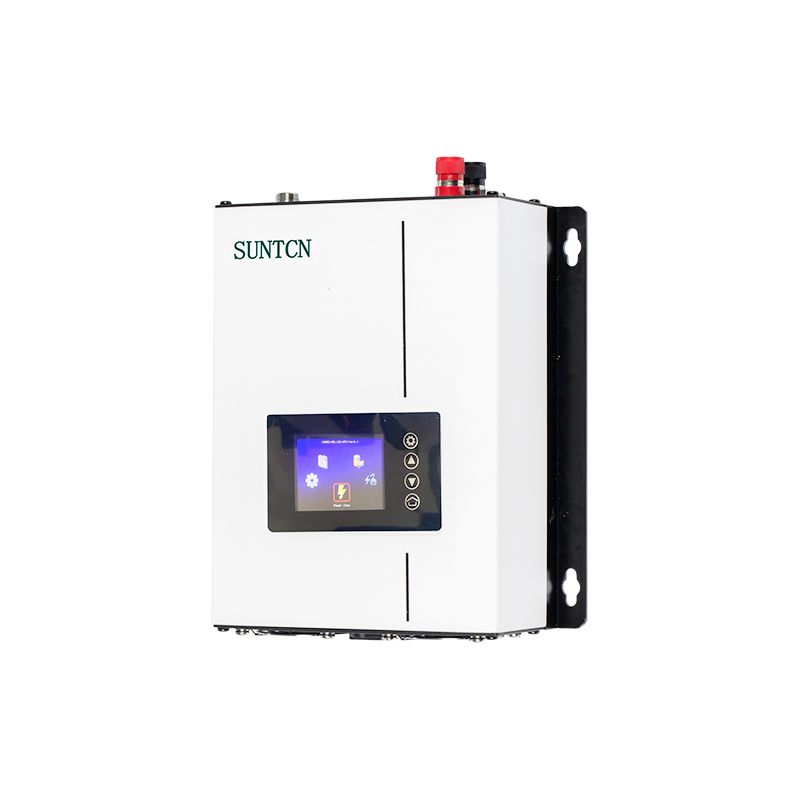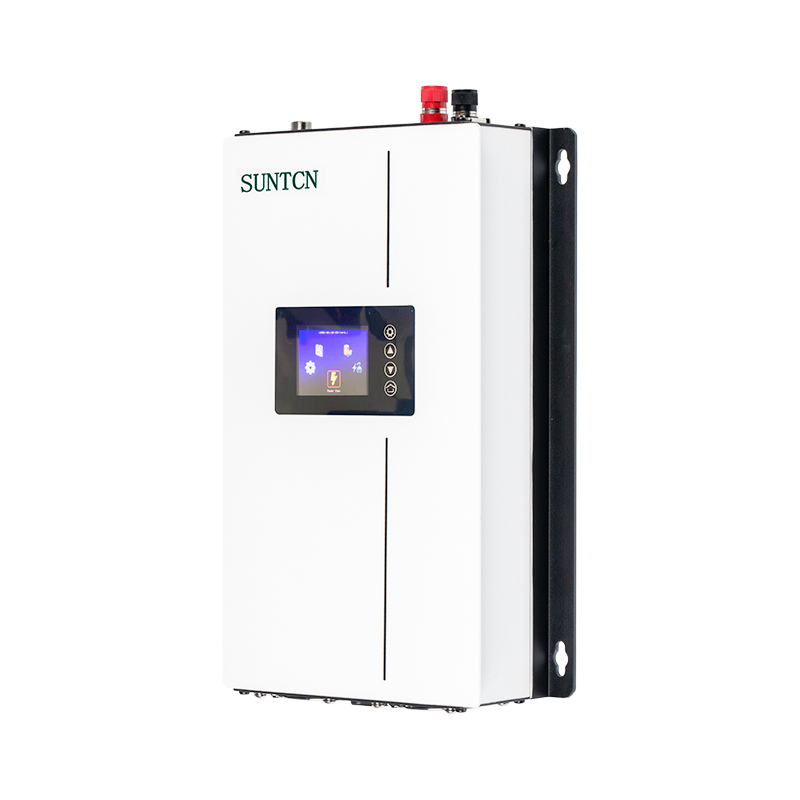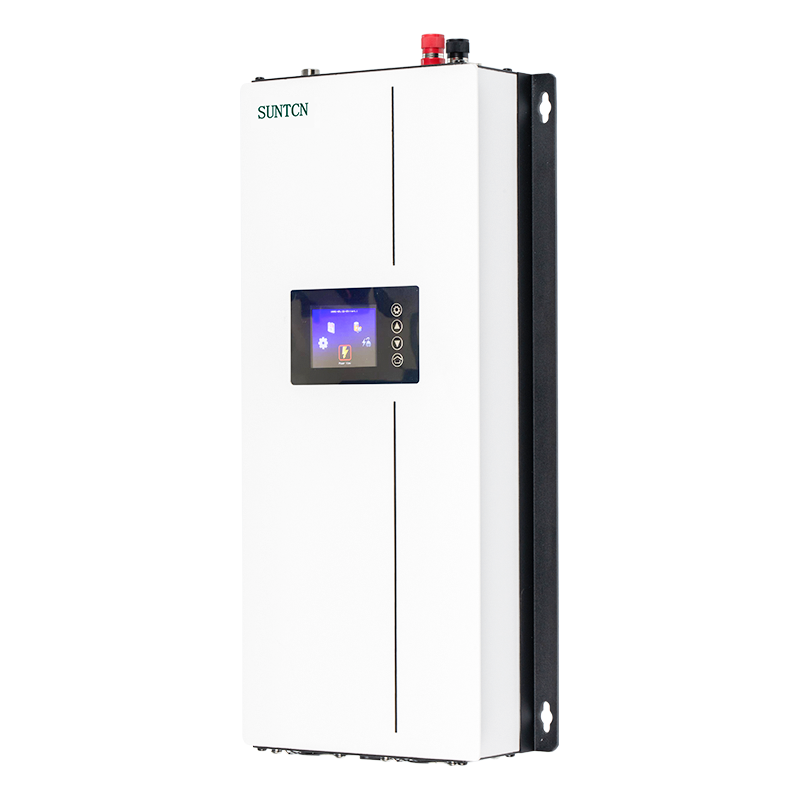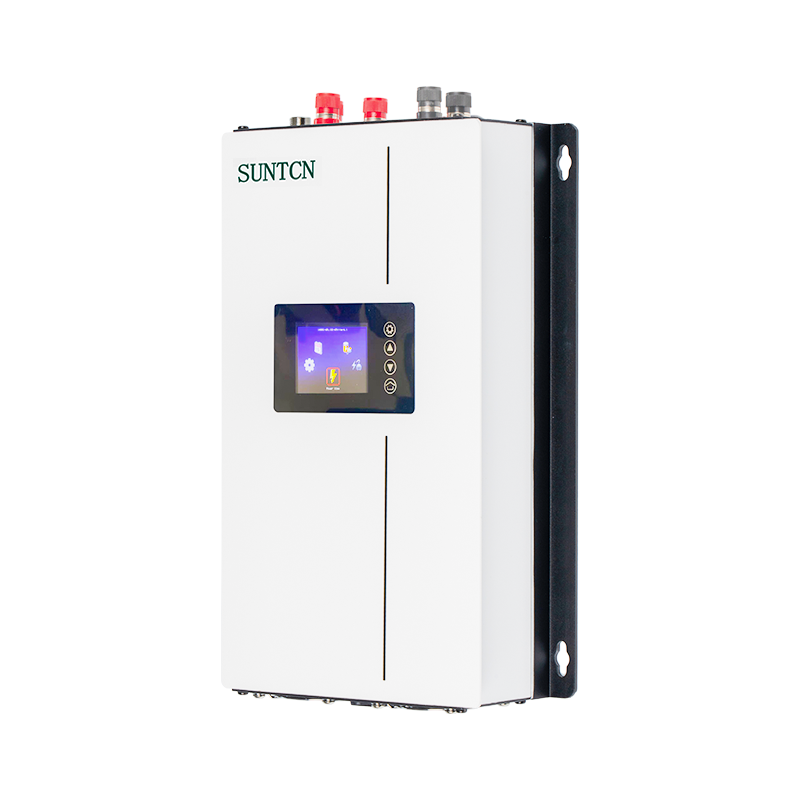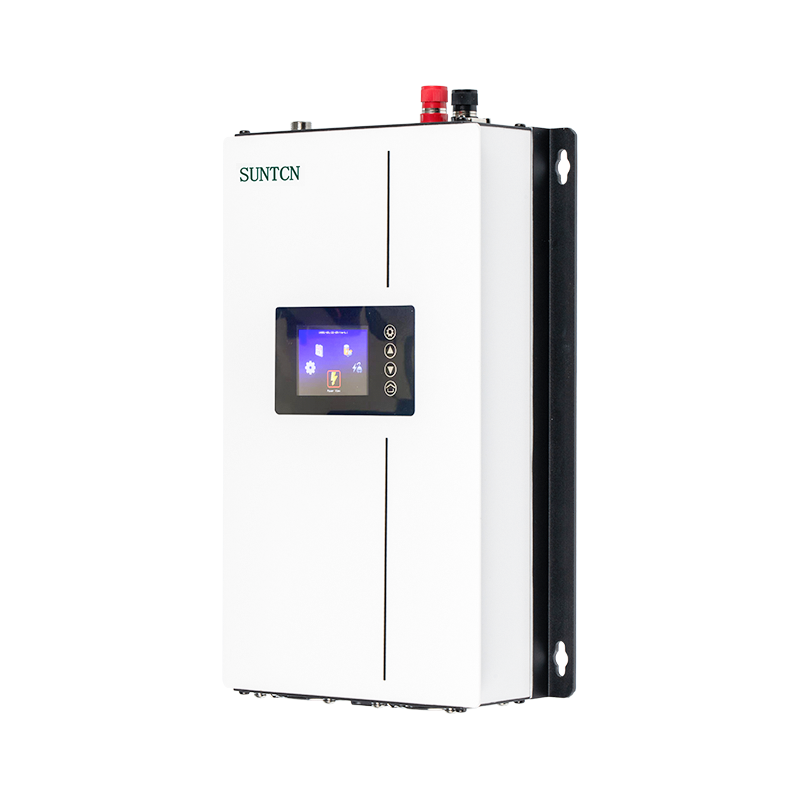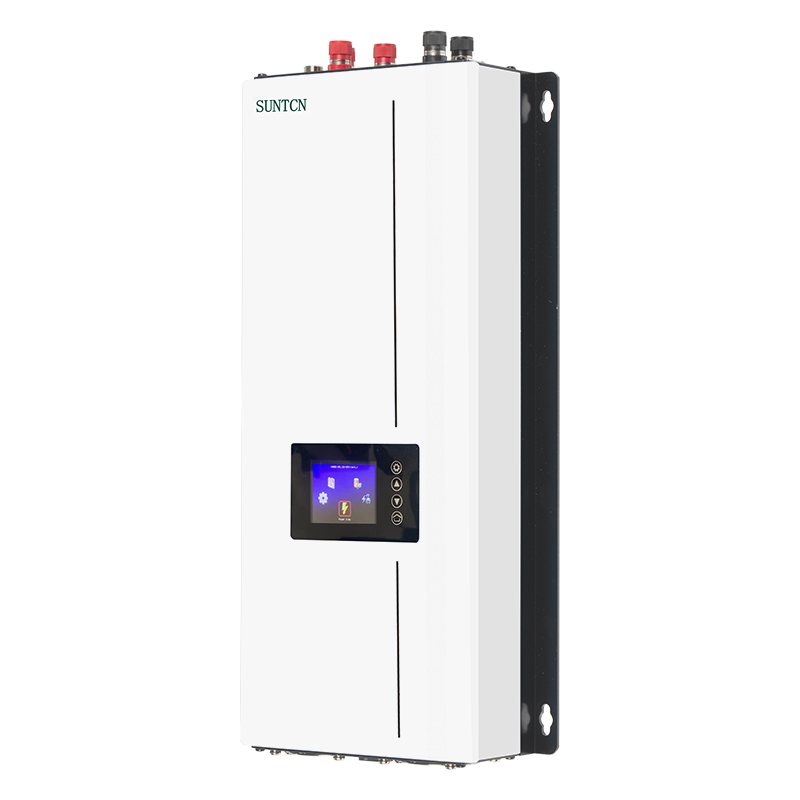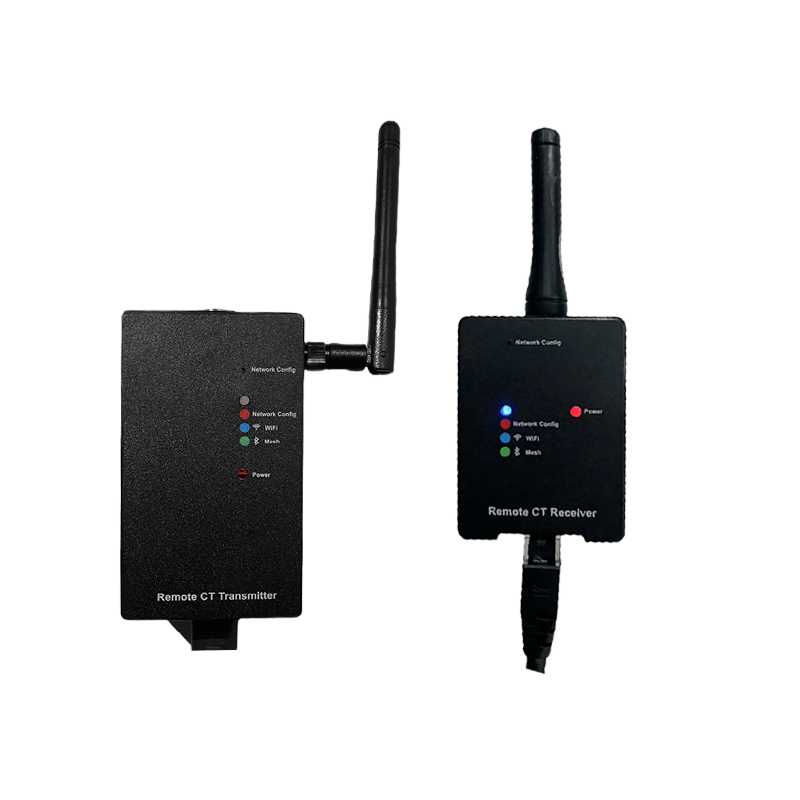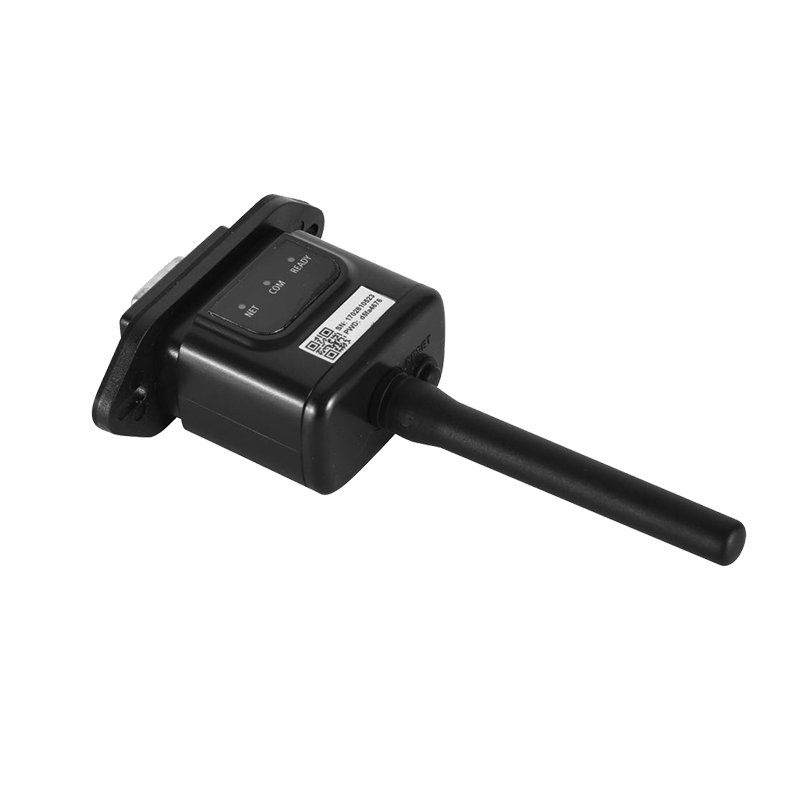With the rise of renewable energy systems, particularly solar power, inverters have become a core component of modern energy infrastructure. While normal (or traditional) inverters are widely used in off-grid or backup power systems, hybrid inverters are gaining popularity due to their advanced features and versatility. But what exactly sets them apart?
A normal inverter—often referred to as a grid-tie inverter or off-grid inverter—converts direct current (DC) electricity (from batteries or solar panels) into alternating current (AC) electricity that can be used by household appliances.
Two Main Types:
Off-grid inverters: Work independently from the grid and draw power from batteries or solar panels.
Grid-tied inverters: Convert solar power and feed it directly into the grid, without battery storage.
These systems are typically single-function, meaning they either manage power conversion without battery interaction, or they work with batteries in an off-grid setup, but not both.
A hybrid inverter is a multi-mode inverter that can combine solar energy, battery storage, and grid power into a unified, smart energy system. It is designed to handle both on-grid and off-grid operations.
Hybrid inverters can:
Convert DC from solar panels to AC for home use.
Store excess solar energy in batteries.
Draw power from the grid when needed.
Feed excess power back to the grid.
Automatically switch between power sources based on availability or pricing.
In essence, hybrid inverters intelligently manage multiple power flows, offering flexibility and efficiency that traditional inverters lack.
The Future: Smart Energy with Hybrid Inverters
As smart homes and decentralized power systems become more common, hybrid inverters are playing a crucial role in making solar-plus-storage systems more efficient and intelligent. Their ability to monitor, control, and optimize energy flows not only improves cost savings but also enhances energy security and sustainability.
While normal inverters are suitable for basic solar or battery systems, hybrid inverters offer an all-in-one solution for modern energy needs. They bridge the gap between on-grid and off-grid systems, giving users greater control, flexibility, and energy efficiency. Though they come at a higher price point, the long-term benefits in energy savings and reliability make hybrid inverters a smart investment for many.
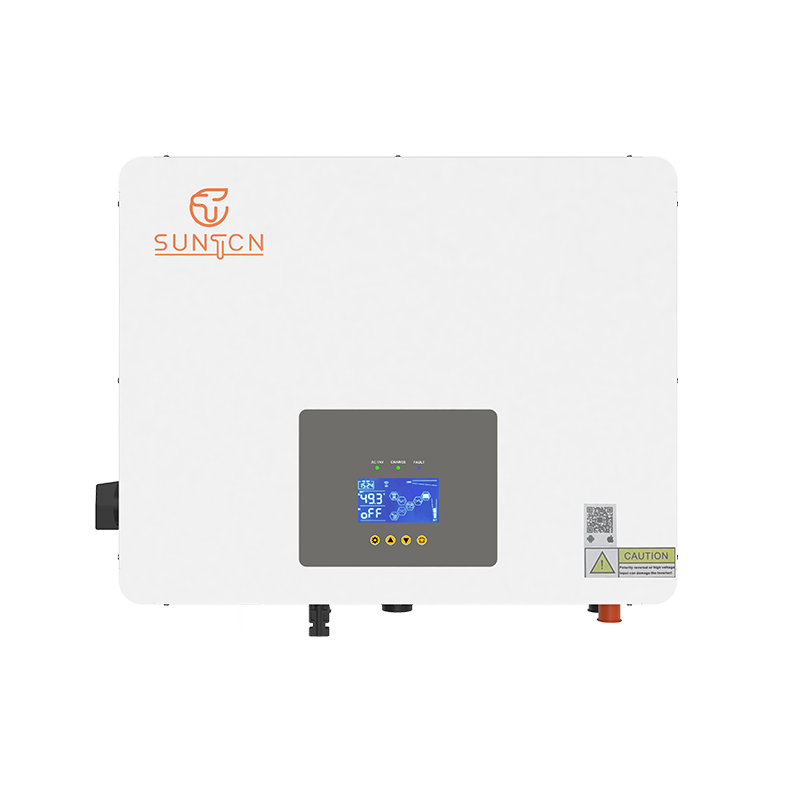

 English
English Español
Español Deutsch
Deutsch